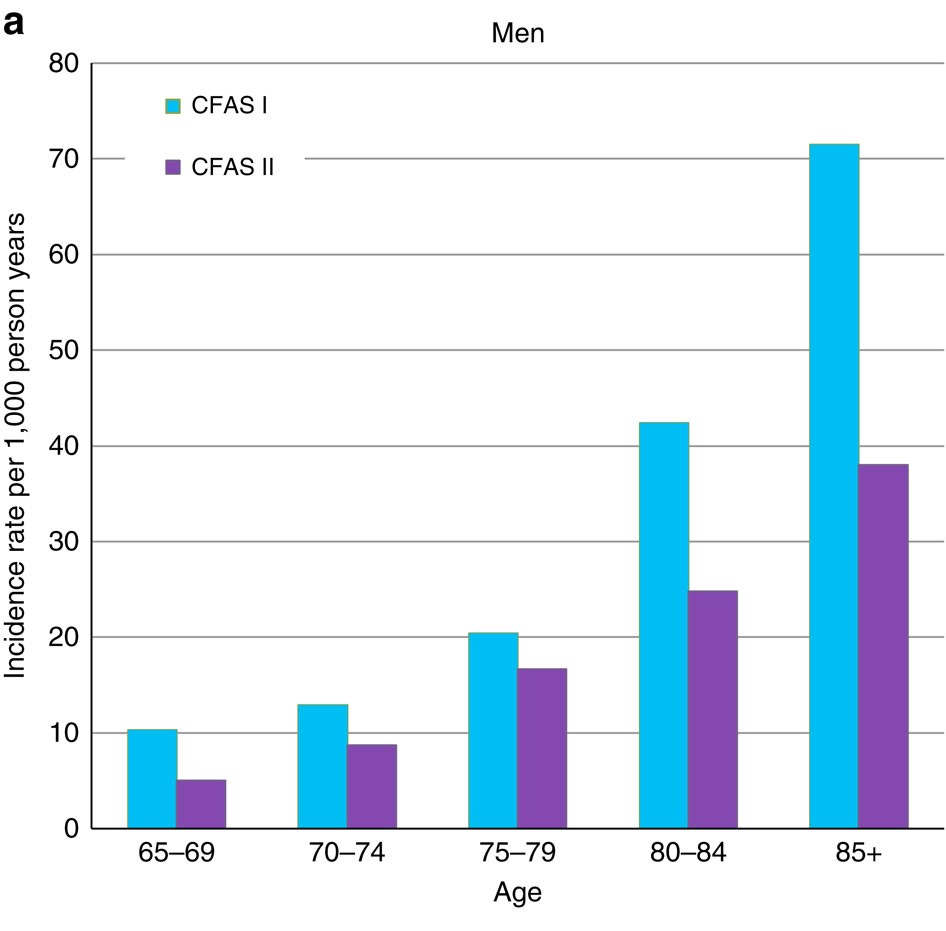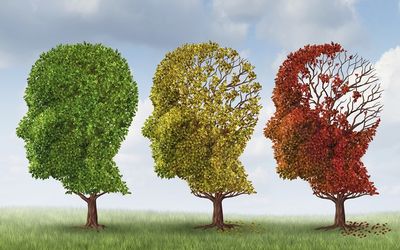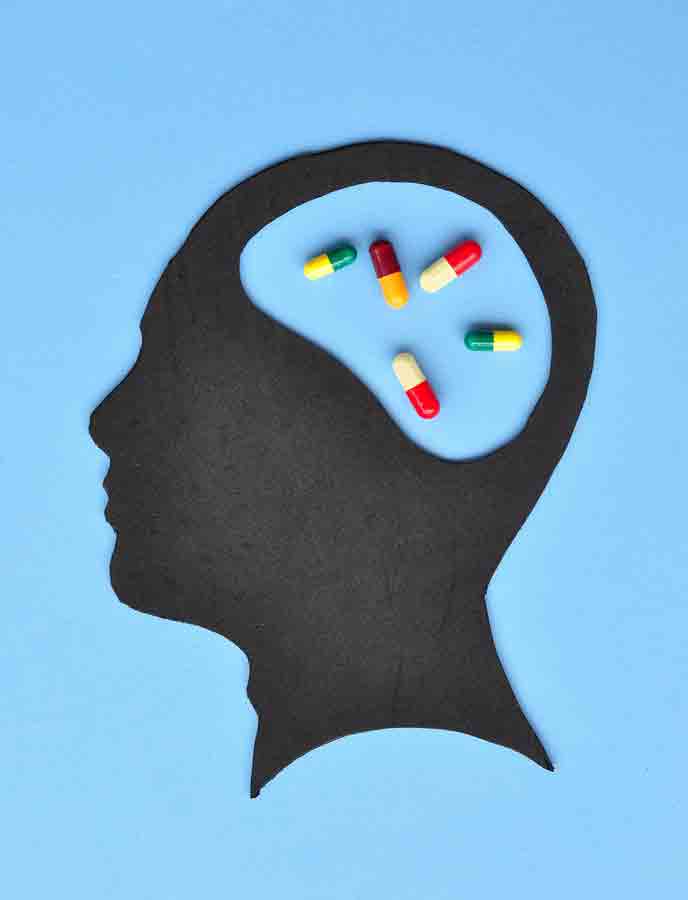Posts Tagged ‘antidepressants’
Update: Dementia rates in the UK significantly lower than forecasted, highlighting the protective role of lifestyle and education
Time for a new edition of SharpBrains’ eNewsletter, full of fascinating brain studies and emerging thinking and tools for lifelong mental health and performance. Happy reading! New research: Dementia rates in the UK significantly lower than forecasted–especially for men–highlighting the protective role of lifestyle and education Systematic evidence review finds cognitive behavioral therapy as effective…
Read MoreSystematic evidence review finds cognitive behavioral therapy as effective as antidepressant medicines in treating depression
Depression: Treatment Beyond Medication (The Dana Foundation): “Major depressive disorder affects nearly 7 percent of people in the US aged 18 and up, according to the Depression and Bipolar Support Alliance. Those who seek treatment will most likely be prescribed a second-generation antidepressant medication such as a selective serotonin reuptake inhibitor (SSRI), tricyclic antidepressant (TCA),…
Read MoreTime is over for “one size fits all” dementia treatments. Next: How to best integrate non-pharmacologic and pharmacologic approaches
. Time to ‘just say no’ to behavior-calming drugs for Alzheimer patients? Experts say yes (Medical Xpress): “Doctors write millions of prescriptions a year for drugs to calm the behavior of people with Alzheimer’s disease and other types of dementia. But non-drug approaches actually work better, and carry far fewer risks, experts conclude in a…
Read MoreTowards a new brain fitness culture: The mainstreaming of mindfulness meditation
The mainstreaming of mindfulness meditation (The Week): “Scientific research has shown that mindfulness appears to make people both happier and healthier. Regular meditation can lower a person’s blood pressure and
Read MoreSmart pills as cognitive enhancement? Let’s first monitor negative cognitive side-effects of common medications
Memory Loss Could Be The Fault Of Your Meds, Not Your Age (International Business Times): “Memory loss isn’t always an inevitable sign of getting old – in some cases, common medications that seniors take to treat insomnia, anxiety, or even allergies could be to blame…Tannenbaum and her colleagues recently investigated what kinds of medication are most…
Read MoreUpdate: New brain science leads to new tools and to new thinking
We often view memory, thinking, emotions, as completely separate entities, but they truly are part of the same process. So, if we want to improve brain health, we need to pay attention to the “weak link” in that process. In today’s society, managing stress and negative emotions is often that weak link, as we discuss…
Read More





